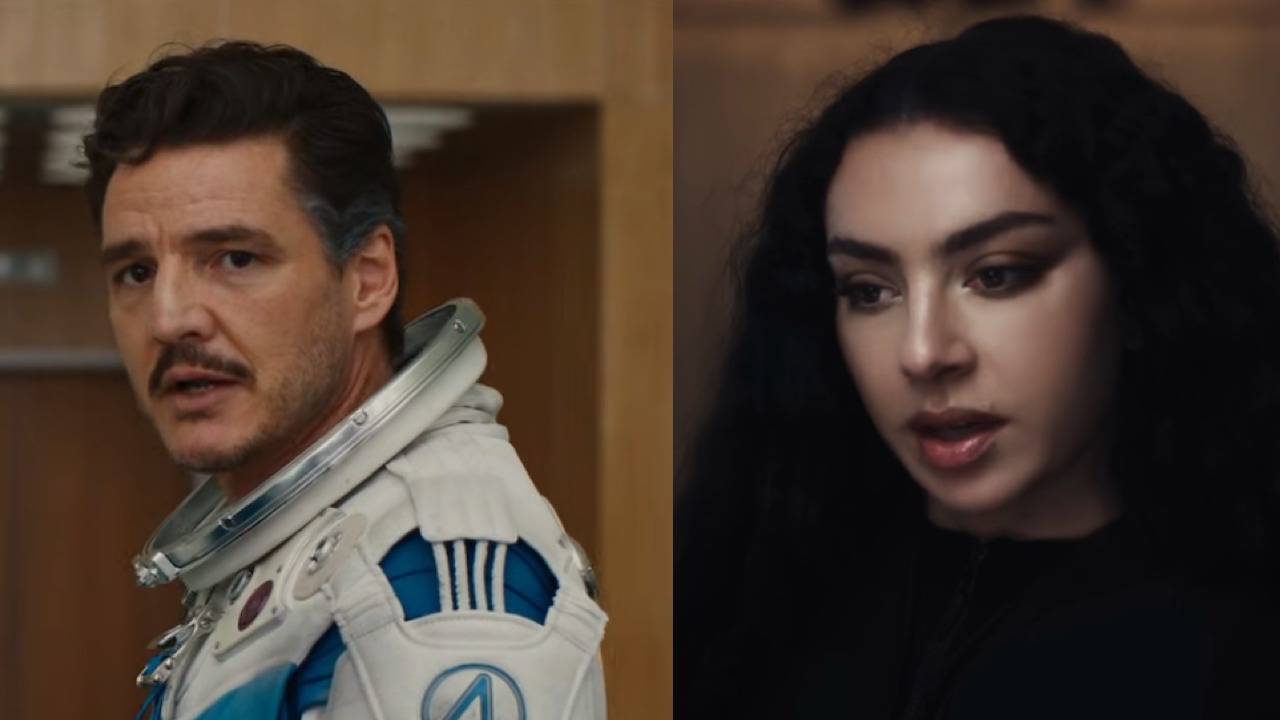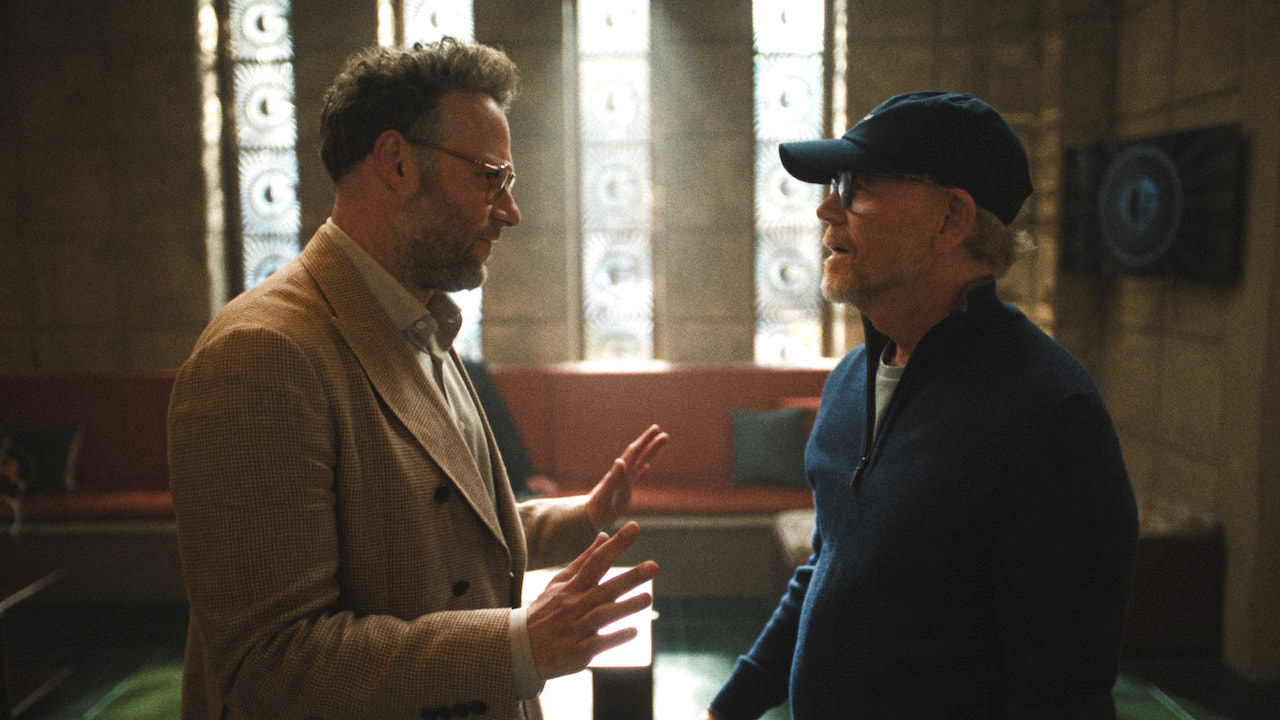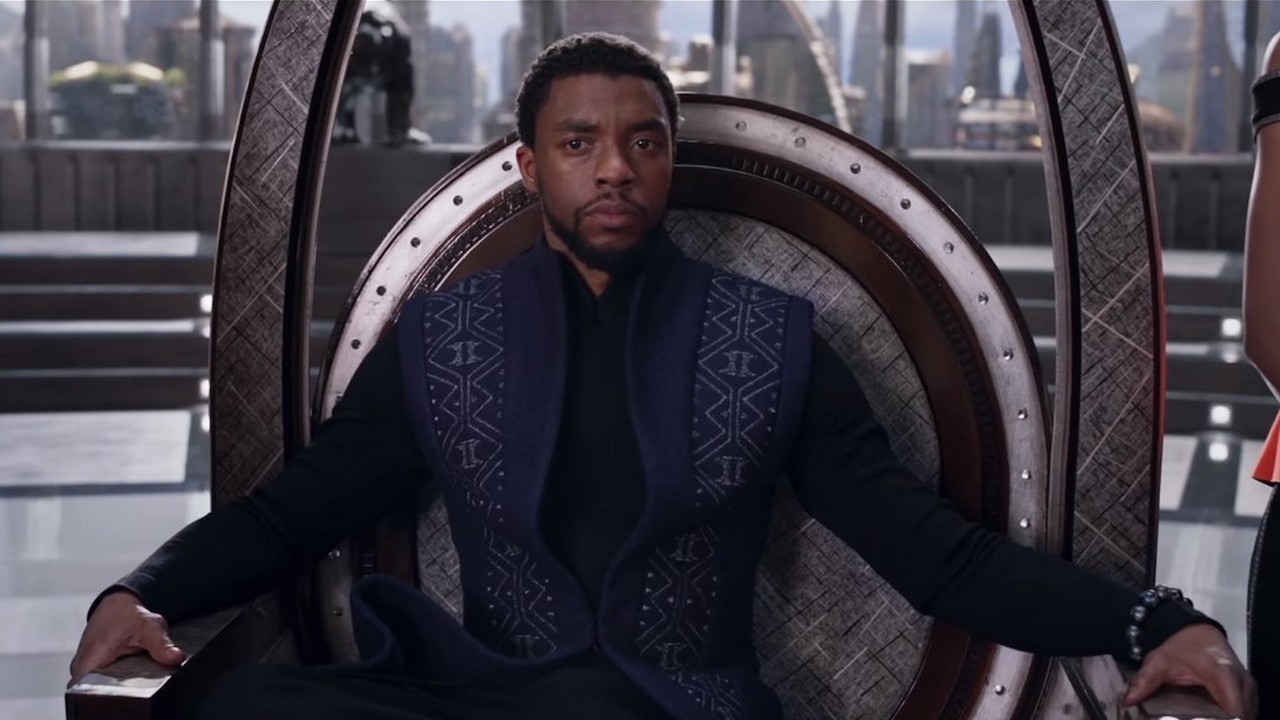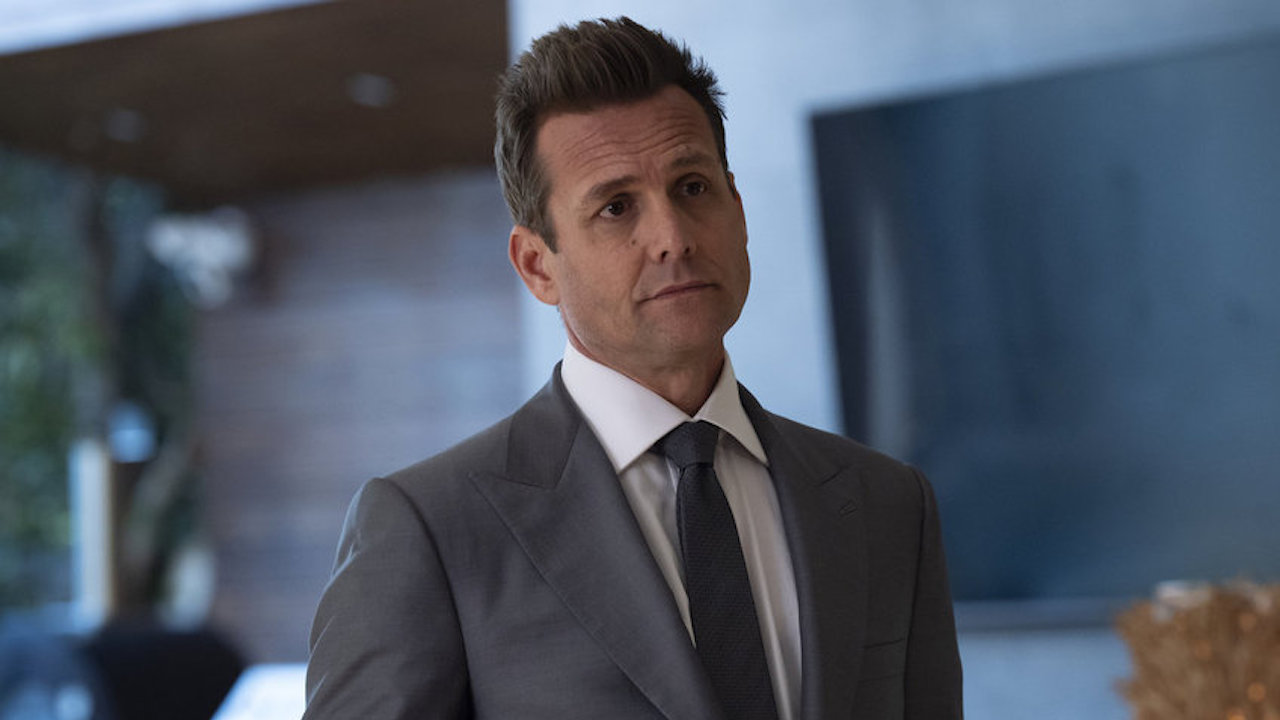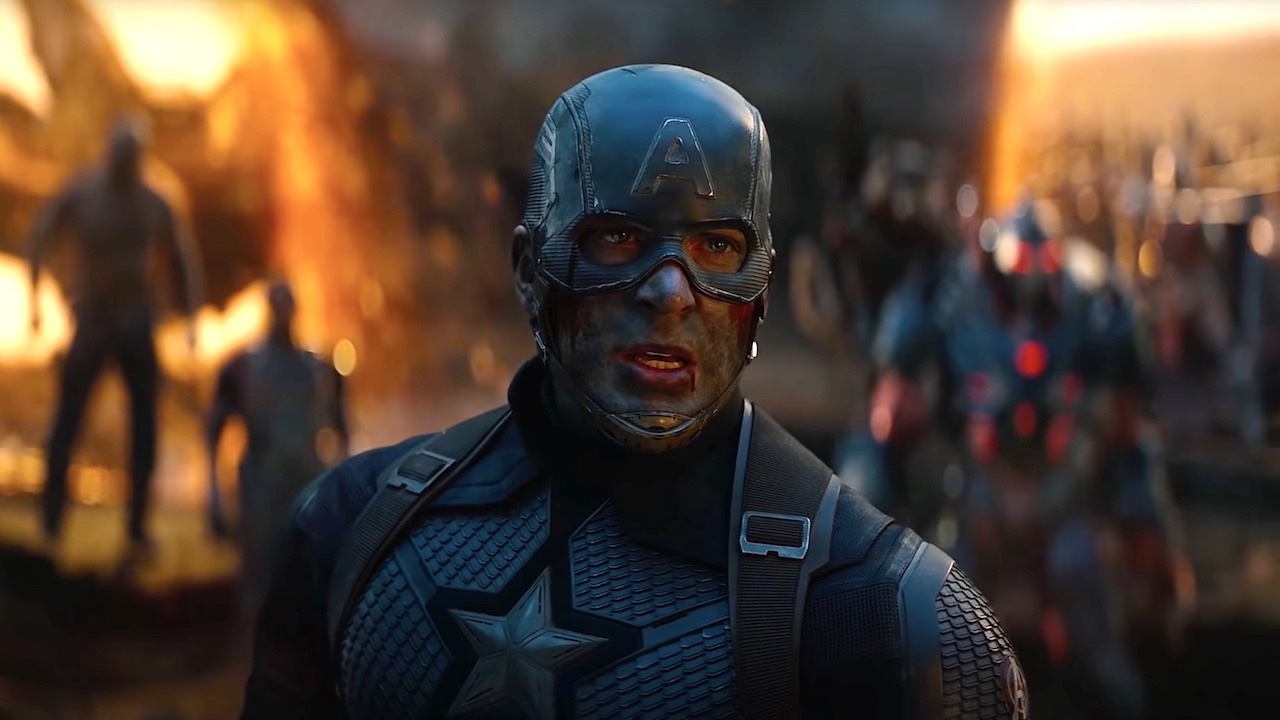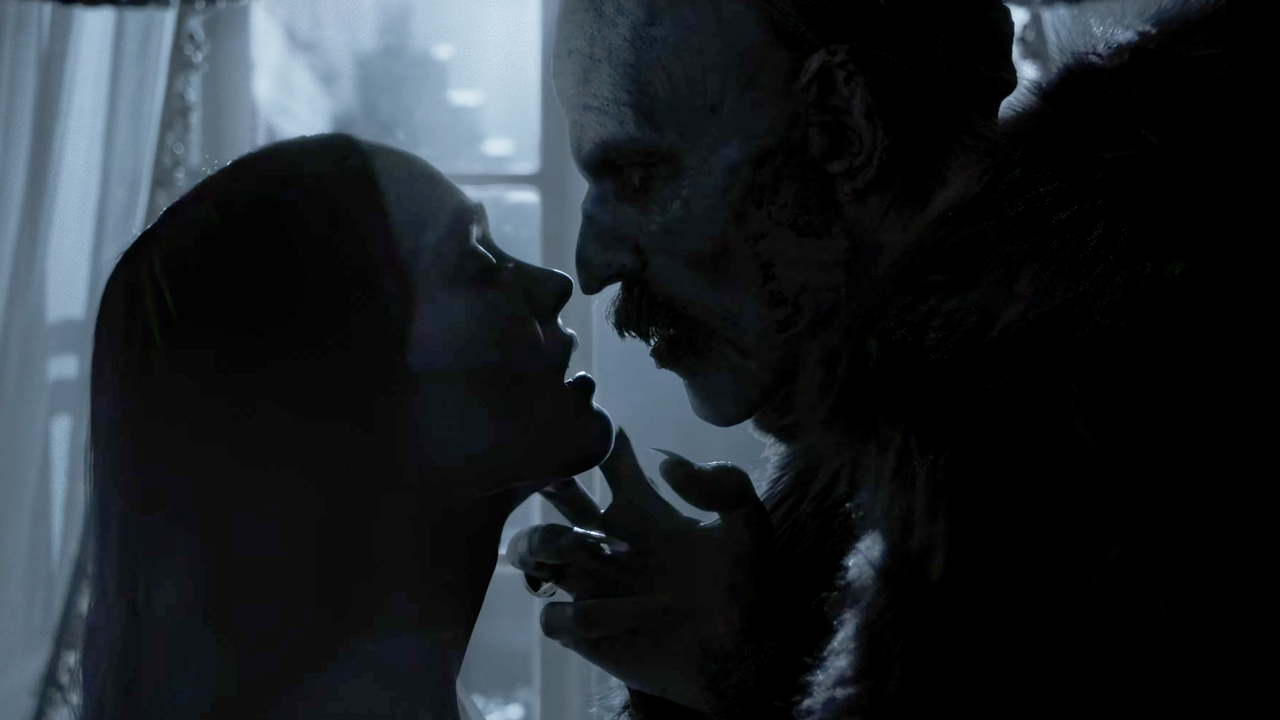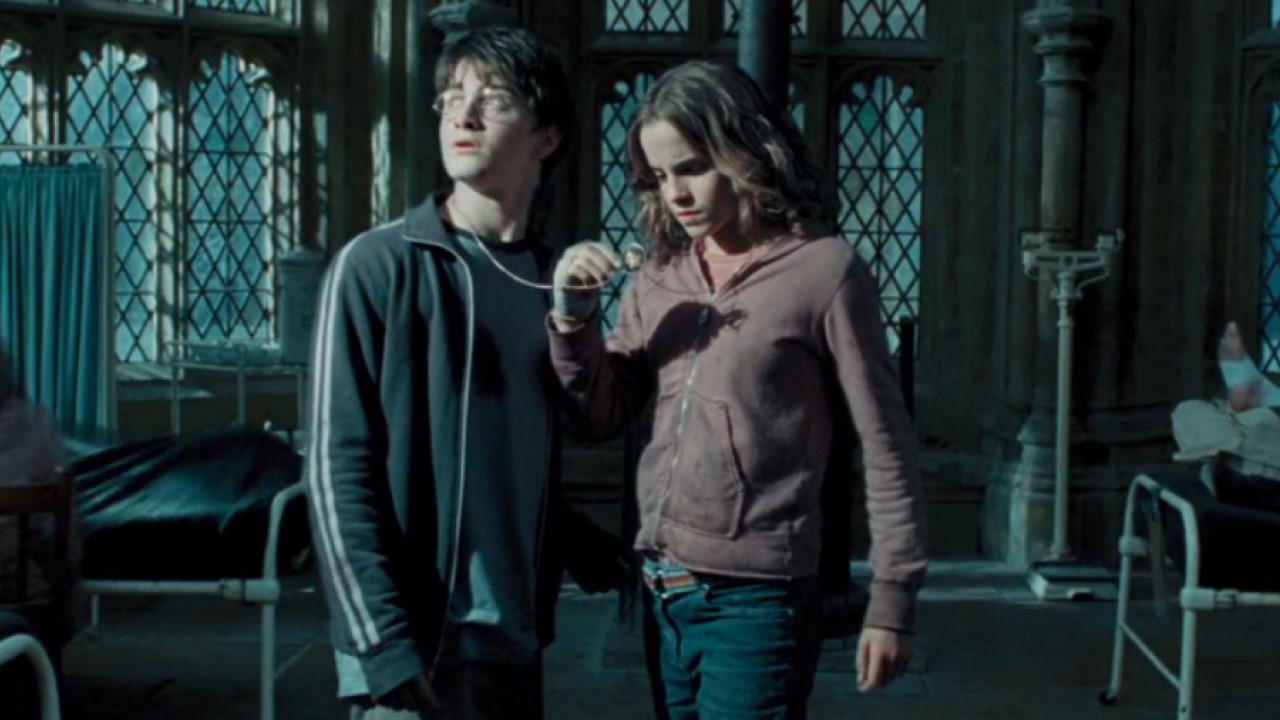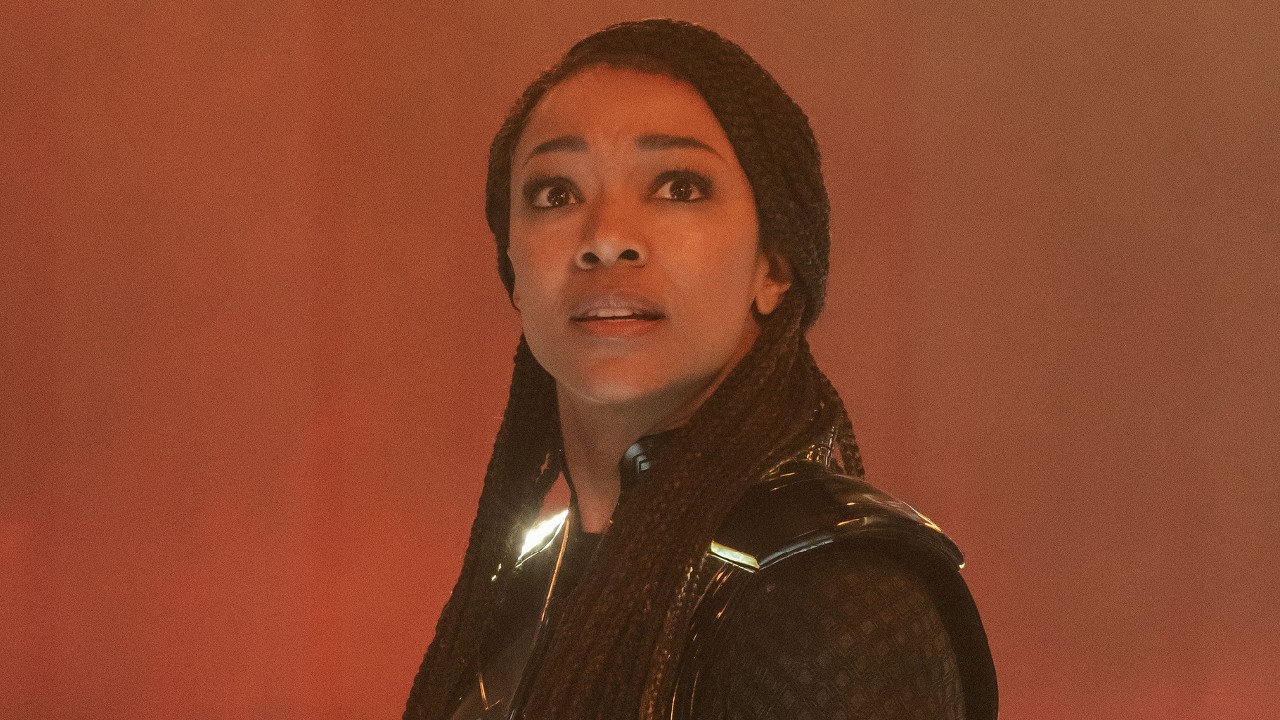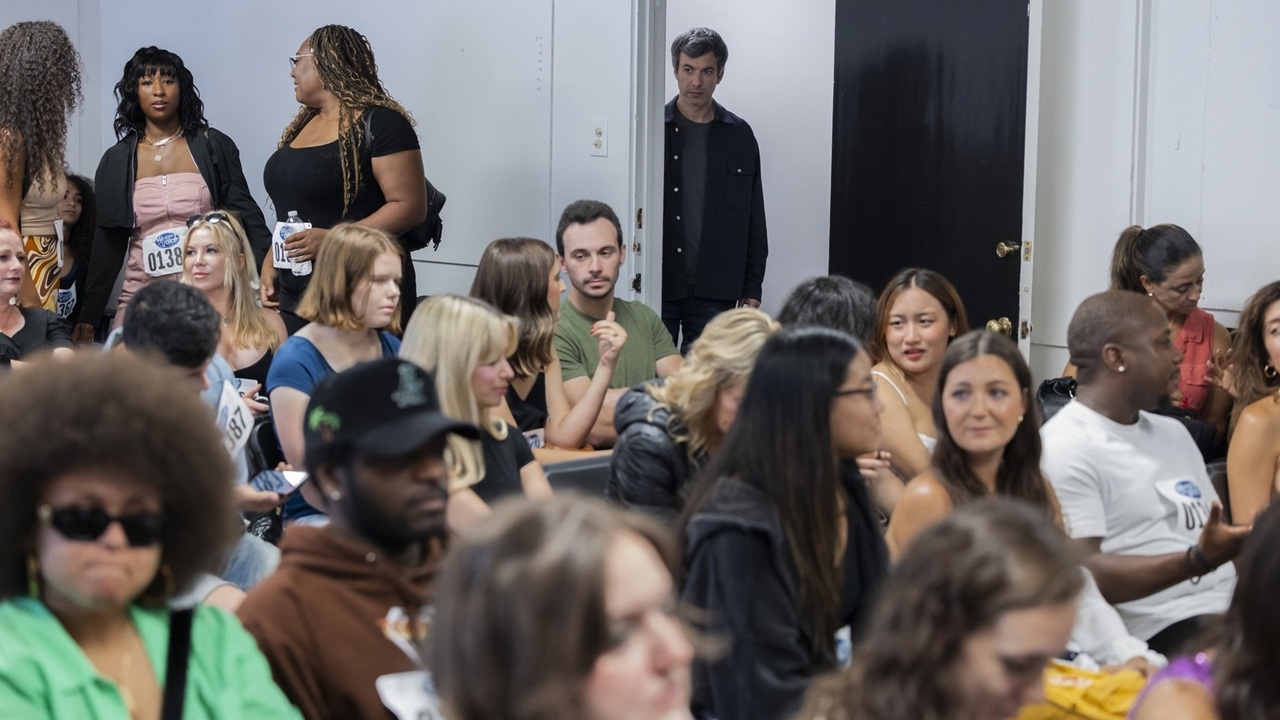Exclusive Interview: Gnomeo And Juliet's James McAvoy
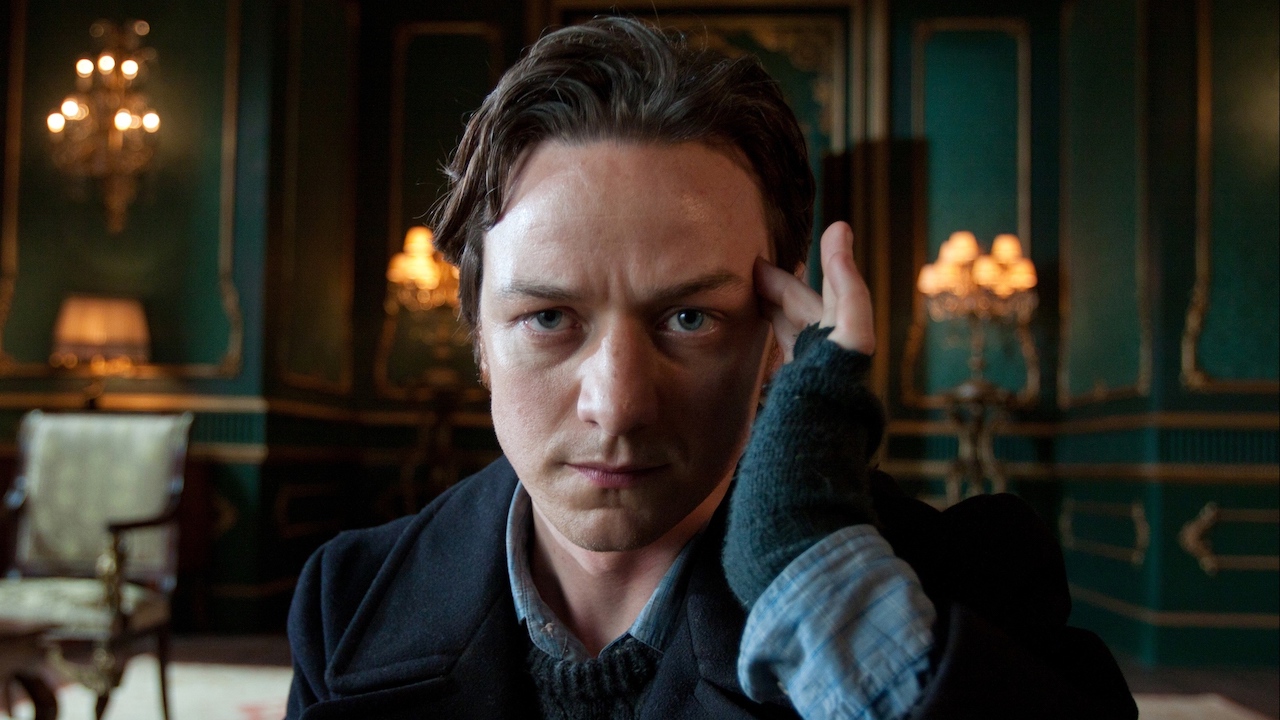
Whether you know him has Mr. Tumnus from The Lion, The Witch, and the Wardrobe, Dr. Nicholas Garrigan in The Last King of Scotland, Robbie Turner in Atonement or Wesley Gibson in Wanted, it's been well established that James McAvoy is one of the most versatile actors working today. Never chained down by genre, he's managed to dabble in everything from Oscar winning drama to loud, flash action films. In his newest film, McAvoy performs one of the greatest stories ever written by the greatest playwright of all time, William Shakespeare's Romeo and Juliet. The difference? He's done it with garden gnomes.
I recently had the chance to sit down with James McAvoy one-on-one during the junket for Gnomeo and Juliet to discuss his venture into the world of animation. Speaking on a broad number of topics, the actor discussed his approach to the character, finding the right voice, and his time in the recording studio, as well as his upcoming blockbuster, X-Men: First Class. Read on below.
What was your initial reaction when you came across the project?
Beyond the script, which I thought was really funny and a really good kids film, I was struck by the enthusiasm of our producers and our director, which is the first time I’ve seen people so excited in such a pure, almost childish way. Really excited about what they were doing and what they were presenting. That was made all the more remarkable by the fact that they were working on it for about eight years before they even met me. I found that really infectious and wanted to be a part of that.
This obviously isn’t the first time that you’ve changed your accent for a role. How did you find the voice for this character?
Yeah, I’m doing this kind of South-Easty kind of sound, which is weird because it’s set in Southwest – or the midpoint. So yeah, you can just conform to whatever the script needs and whatever the community of the characters needs as well, and everyone was being English. And then they cast Ashley Jensen and she’s also Scottish and I went, “No!” [laughs]. If mom’s English then you have to be English, you know?
This is actually one of two animated films that you have coming out this year, the other being Arthur Christmas. What do you find is the difference in preparation when getting ready for an animated film versus live action?
CINEMABLEND NEWSLETTER
Your Daily Blend of Entertainment News
You have to do a big vocal warm-up before you do any of these things. I certainly do, anyway, because all I do is scream and shout a lot in this one. I’m generally caught up in some epic action sequence that has me dying comedically at any moment. Other than that, rather than learn your lines you just have to read the script a couple of times and start trying to absorb it so you’re available to take new stuff on board. Quite often you’ll get hit with new lines as you go, a lot more than you would in live-action stuff as well. If you happen to mess up and say something else, they might go, “We like that instead. Let’s go down that path,” and before you know it the whole scene’s changed. So you have to know the structure of the story and know what’s coming next so that you’re able to flip things around and run with it just in case they change something at the last minute, which they always do – which is the joy of it. It’s why it’s a bit of fun.

How much of your dialogue would you say came from improvisation instead of off the page?
I took advantage of it and they probably have reels and reels of rubbish audio take of me talking nonsense. For every ten pieces of rubbish you come up with you might get one or half of one that they use in the film and actually helps it a little bit or makes it seem a little bit more complex or interesting or whatever. It’s kind of nice to be able to do it. Also, every tiny little idea that you have you get to use, whereas on a film set, usually, you have an idea, you’re not sure about it, but then you don’t throw it in because you [points at watch] “Tick tock. We have to get this film finished otherwise we’ll be here in two years making it.” But in this environment you get to try everything you can think of, which is really, really good fun and satisfying.
Director Kelly Asbury mentioned that they video taped all of the recording sessions to help inform the animation process. How free did you feel to be animated and let yourself loose?
Yeah, pretty much. You can’t set your voice free unless you’re properly going for it. There’s a kind of physicality that comes with it as well, and especially if your character is doing something particularly physical. You have to swing about and jump around a little bit. That’s, again, part of the fun of it.
When watching the film do you see yourself in the character?
A little bit, a little bit. In his vulnerable moments and then in his more cocky moments. It’s the little things, yeah.
Is it a challenge fully visualizing your character and finding your voice when making an animated film?
Finding the voice was kind of easy because, basically, they listened to stuff of mine with the voice taken off my acting, or the film I was in, and put on to animated versions of Gnomeo, very early versions. They did that with a few actors, so I hear, so they tell me. They wouldn’t know which actor it was they were listening to with the animated sequence, and they would just try and pick which actor’s voice seemed to work. So I basically had a voice in mind. They didn’t want anything that was a massive characterization. The only other thing was smiling. They kept saying to me, “Smile when you act! Smile when you’re in front of the microphone!” which I found really strange, but it really makes a difference. It makes everything much warmer and more approachable.
You actually share a scene in this film with a character voiced by Patrick Stewart, and while I know that you never worked together in the recording studio, there’s obviously a connection between the two of you because of Professor X in the X-Men films. When taking on that role, is there any pressure on you because of Stewart’s performance?
Well, it started off with the fact that we were going to shave my hair and the studio said, “Don’t shave your hair,” so immediately I said, “Well fuck it, I’m liberated then.” So, I mean, that’s a pretty big marker, so right away you’re going a different path. Also, I always felt there’s no point doing a film set in the past as a prequel that just shows them being the same people, especially Magneto and Professor X. They’re the big two that we really, really get to know well in the other movies that are in our movie. Obviously you get to know Wolverine really well, but he’s not in our movie. So it was important to do it very different.

You look at the kind of main, defining characteristics of Professor X, of Charlie Boy, and you go, “Alright, he’s selfless. He’s a saint. He’s sexless, it seems. He’s egoless. He’s all about other people. He’s all about bettering the world and mutantkind and humankind.” And so you kind of try and flip that on its head. You don’t make him an evil person, or anything like that, but you make him ego-driven, women-chasing, he likes a good drink. He’s not the reluctant leader that you kind of want all heroes to be. He actually kind of wants to be in charge, you know what I mean? And all of those things, just to kind of show a journey. So by the end of the movie he’s some way towards becoming Patrick Stewart[‘s version of the character], rather than just having the same guy at the beginning. So we really didn’t feel tied down, we felt liberated by the fact that we were doing a prequel.
There’s a report this week that the film is doing some re-shoots. Are you a part of that and what kind of stuff are you filming?
We doing a tiny little tweak on the very end, finale thing between me and Michael [Fassbender], who plays Magneto. And we’re doing, what else are we doing? It’s all little bits and bobs and things that we dropped or didn’t know we needed or trying to fix a little scene here or there or tighten up a scene here or there. We’re doing a little bit on a boat at one point, which is going to be fun; then a lot of underwater stuff last week, which I can’t really tell you what it’s about, but it’s quite exciting. Just bits and bobs really.
There was a rumor that came a few months ago that you were being looked at for the lead in Guillermo Del Toro’s At The Mountains of Madness. Has anybody approached you about the part?
Not at all. Not at all.
Would you be interested in doing the part if it were offered to you?
I don’t know anything about the story, but he’s an amazing director. I would be very lucky to be able to work with someone like that one day.

Eric Eisenberg is the Assistant Managing Editor at CinemaBlend. After graduating Boston University and earning a bachelor’s degree in journalism, he took a part-time job as a staff writer for CinemaBlend, and after six months was offered the opportunity to move to Los Angeles and take on a newly created West Coast Editor position. Over a decade later, he's continuing to advance his interests and expertise. In addition to conducting filmmaker interviews and contributing to the news and feature content of the site, Eric also oversees the Movie Reviews section, writes the the weekend box office report (published Sundays), and is the site's resident Stephen King expert. He has two King-related columns.
